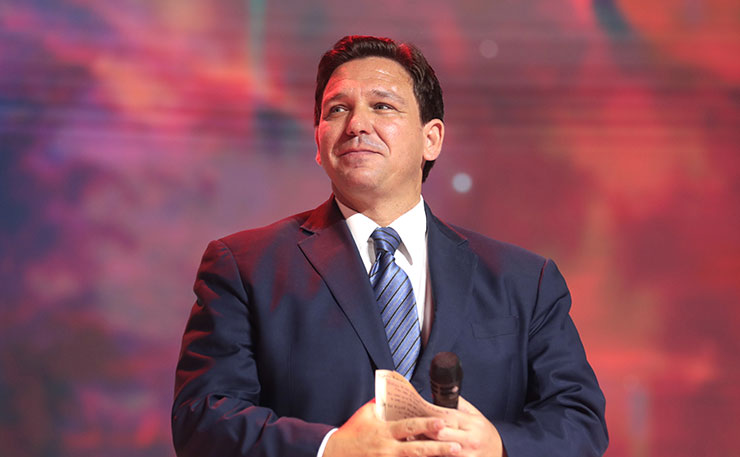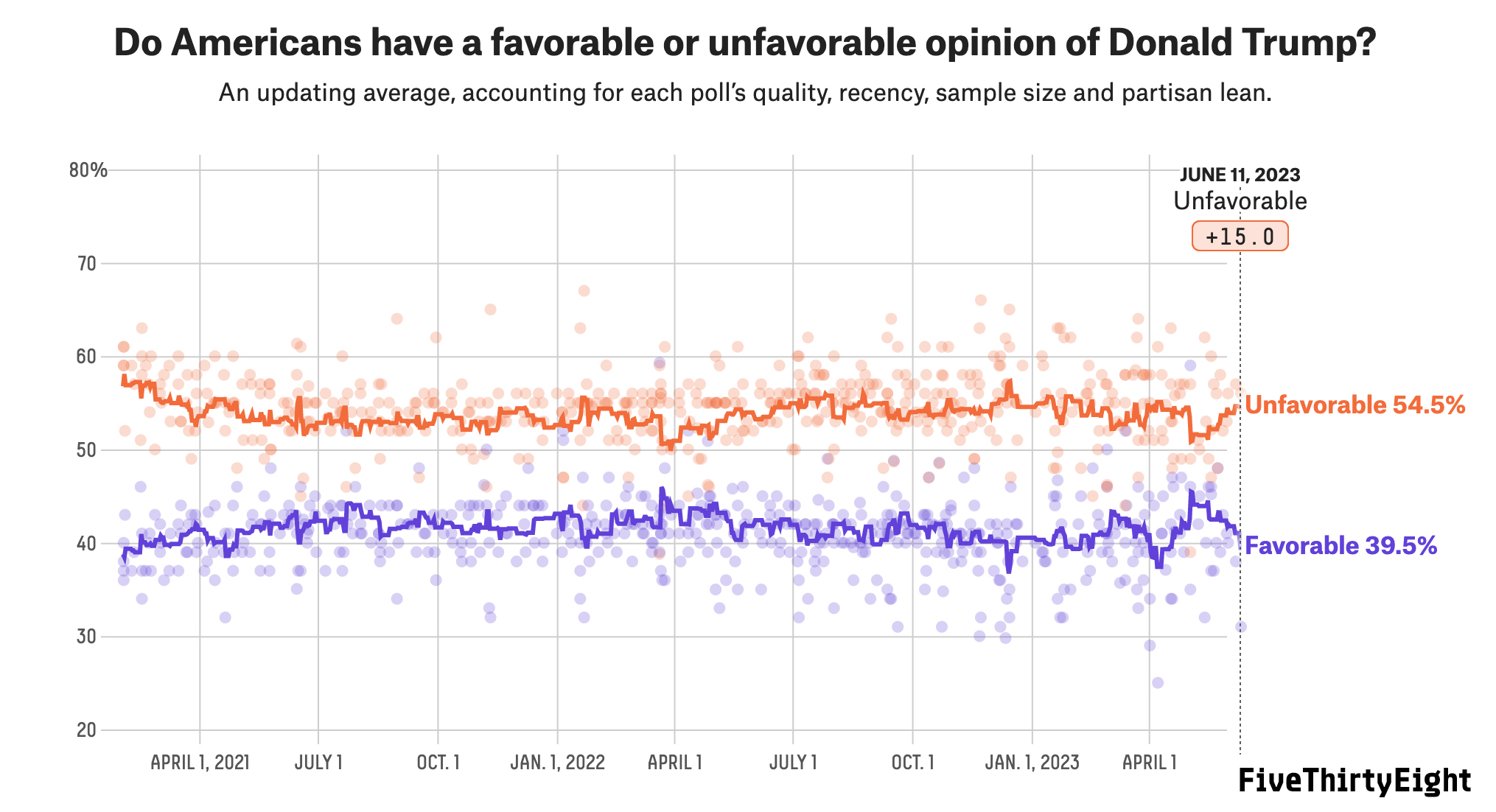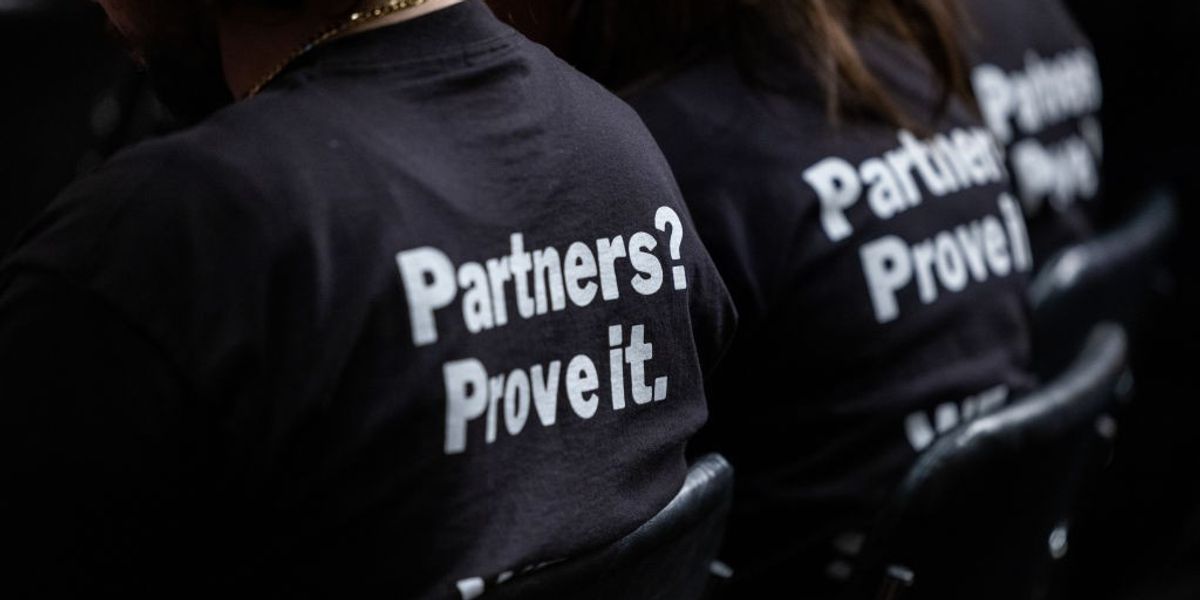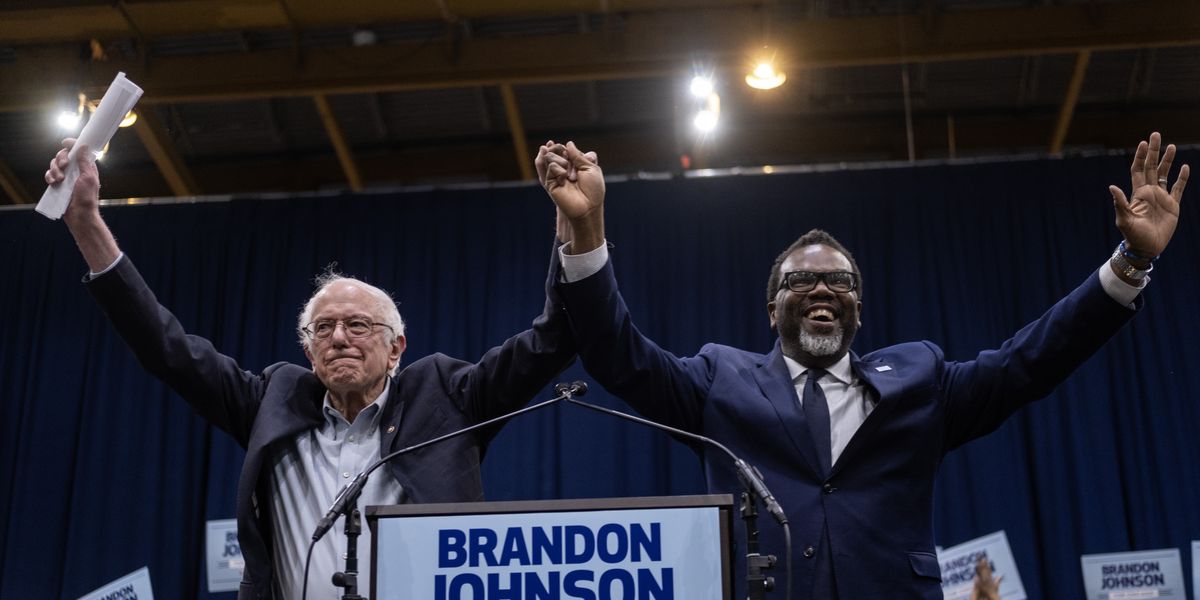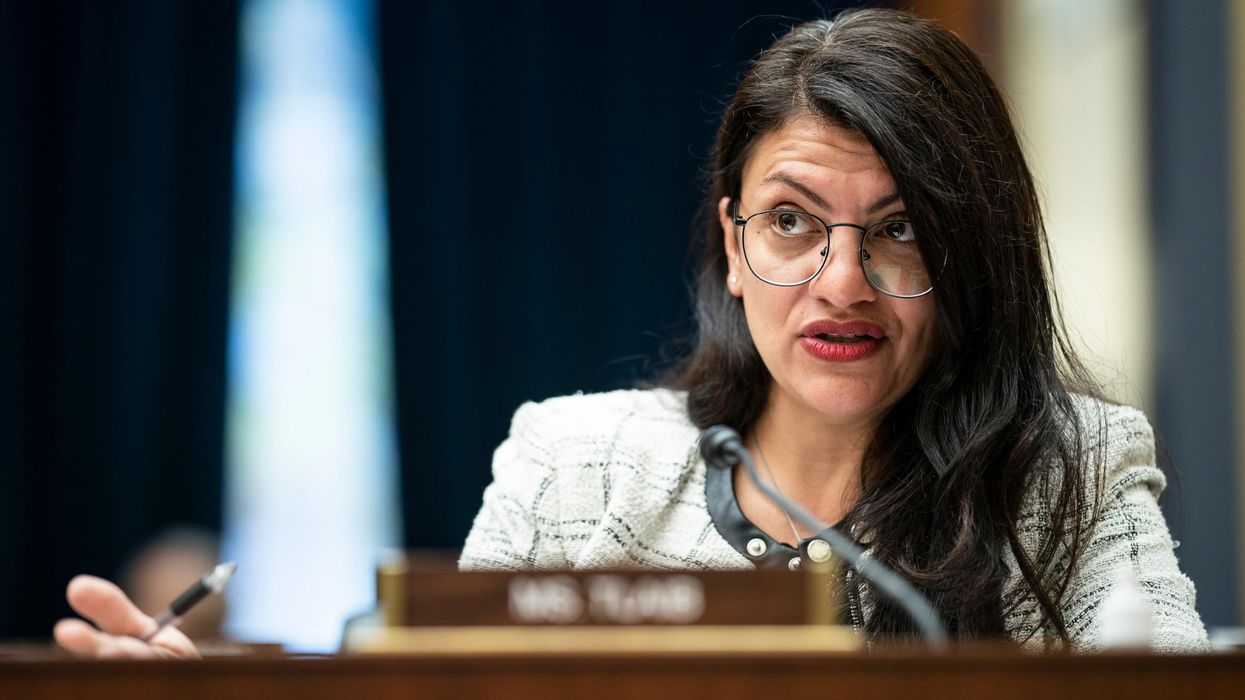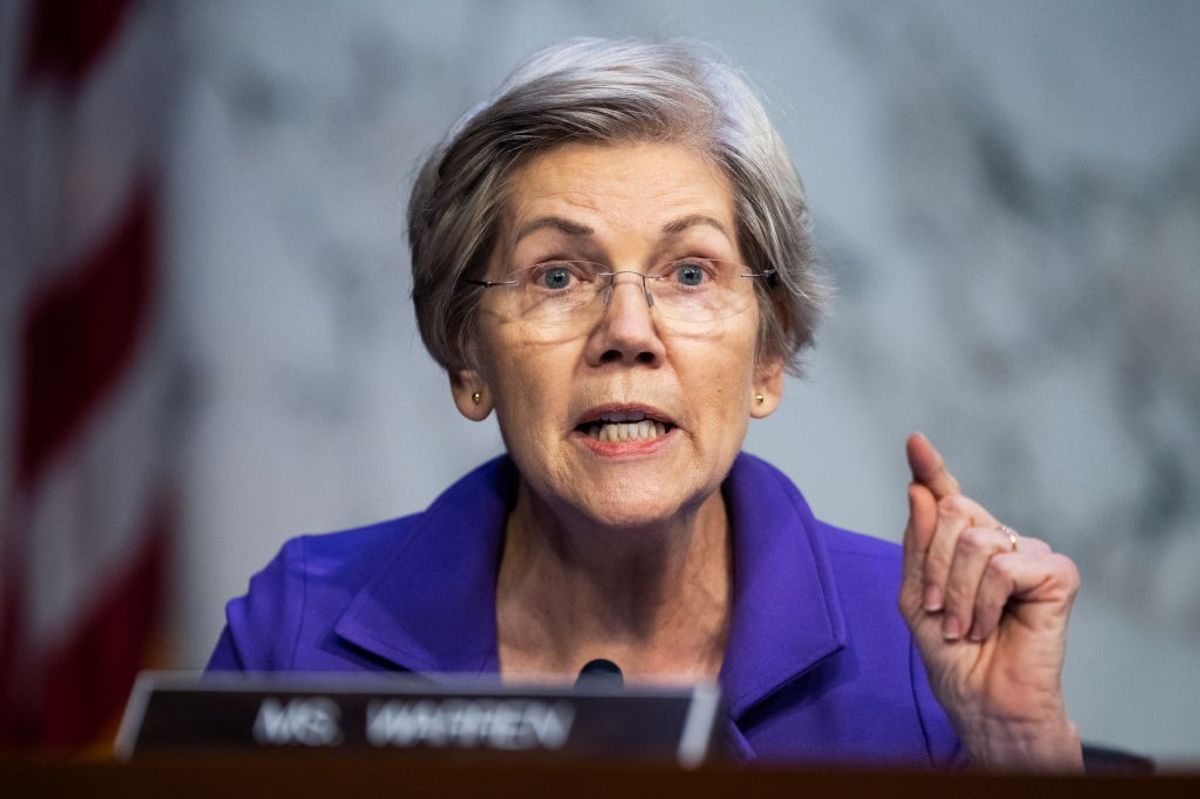Among the most dangerous people in the US are those who actually once fervently believed the foundational myths of the country’s social and political order.
It’s the true believers — we who are schooled on republican virtues, democratic procedures, universal equality, and fair play that are said to be deeply embedded in the US experience — who become radical crusaders when their beliefs are shattered by the truth.
The true believers are cast as traitors to humanity, nation, race, or creed when they turn on those who foster a false loyalty or cheap patriotism based on lies or deception.
The late Daniel Ellsberg was one of these soldiers of truth. Once a handmaiden for US foreign policy, experience brought home the murderous, cynical, and false execution of that policy. At great risk — even physical risk — Ellsberg bravely cast aside his privileged, highly respected position and exposed the ugly, hypocritical US intervention in Southeast Asia, an engagement that led to and fueled the savage destruction wrought by the Indochinese war. Ellsberg devoted the rest of his life to opposing the abuse of his once deeply felt ideals.
 Thinking of Ellsberg before his death while reading Norman Finkelstein’s new book, I’ll Burn that Bridge When I Get to It!, I could not help but see Finkelstein cast in a similar light. Certainly, they are different people, with different burdens, and different circumstances. But they are alike in important ways: both have shown uncommon courage and uncompromising idealism. Both have known the lash of ostracism.
Thinking of Ellsberg before his death while reading Norman Finkelstein’s new book, I’ll Burn that Bridge When I Get to It!, I could not help but see Finkelstein cast in a similar light. Certainly, they are different people, with different burdens, and different circumstances. But they are alike in important ways: both have shown uncommon courage and uncompromising idealism. Both have known the lash of ostracism.
Where Ellsberg’s idealism was violated by the US empire’s betrayal of his ideals, Finkelstein’s idealism forces him to stand almost alone against cherished beliefs that none dare challenge. Ellsberg confronted US power, Finkelstein attacks the sanctity of conventional, officially-protected thought.
Finkelstein’s new book is not easy to discuss. It is many things — not in a bad way, but in a personal, boldly eccentric way. He is a remarkably good writer: a careful grammarian, a skilled wordsmith, with a keen, logical mind. No doubt the logical construction of his arguments inflames his foes even further.
The book is divided into two sections: 1.) an extensive argument against the latest fashions of the academic left, capped with an effective critique of their embodiment, Barack Obama, and 2.) an ambitious attempt to defend a John Stuart Mill-inspired account of academic freedom and academic responsibility.
In Part I (Identity Politics and Cancel Culture), Finkelstein effectively foregoes theoretical foreplay and leaps right into discussions of some of today’s more prominent, celebrated figures, locating them and their ideas within the framework of a purported remolding of anti-racism. With the writings and initiatives of Kimberlé Crenshaw, Ta-Nehisi Coates, Robin DiAngelo, and Ibram X. Kendi, Finkelstein finds a bogus path to curing racism as a societal cancer, a path strikingly deviated from the tradition of his (and my) past heroes and heroines in the struggle against racism and racial inequality.
Finkelstein carefully, and in great detail, challenges the scholarship of the writers and the political weight of their ideas. His own scholarship is impeccable, though he favors the time-honored effectiveness of hitting the nail on its head until the head breaks off! He is relentless.
To many of the young, college-educated activists who have come to understand the scourge of racism though Crenshaw, Coates, DiAngelo, Kendi, and their colleagues, the Finkelstein critique will itself appear as racially insensitive, an attack on identity that is truly worthy of cancellation.
Finkelstein counters this “Little Red Book” mob reaction by extensively and passionately quoting from his own anti-racist icons: Frederick Douglass, WEB DuBois, Paul Robeson, and Martin Luther King. His brilliant contraposing of DuBois against Kendi is a veritable seminar in deep and productive anti-racist thinking. The contrast alone diminishes Kendi’s thought. Shrewdly, Finkelstein lets the history of sacrifice, defiance, activism, and razor-sharp analysis by these giants of human advancement address the shallow bromides of smug, secure, petty-bourgeois academics.
From the perch of an insular, arid academic office, the question of racism is a question of manners and self-styled group recognition; from the path that Douglass, DuBois, Robeson, and King trod, the question of racism was a question of emancipation, ending exploitation, and achieving economic security.
If I had my preferences, the author would have broadened his attack beyond these mostly African-American intellectuals to include the vast body of US academics engaged in navel-gazing and supplicating before the ruling class. When leading philosophers are reduced to pondering the depth of “sentiments” and public intellectuals are selling the empty, emotive catch-all-that-we-hate concept of “authoritarianism,” the commodification of anti-racism earns no special place. Intellectual life as contained in academia in general is numbing.
Finkelstein expresses a well-earned contempt for Barack Obama, his hypocrisy, and his self-regard. In many ways, Obama gave agency to appearance over substance in a way similar to the scribblings of Crenshaw, Coates, DiAngelo, et al. Obama sold the appearance of change and delivered none.
By contrast, Finkelstein casts Bernie Sanders as an authentic agent of change shackled by the Democratic Party leadership. But surely Sanders knew about those shackles and did little to break them. In the end, he, too, sold the appearance of change and delivered none, though perhaps not as cynically as did Obama.
Finkelstein’s politics are influenced by his earlier immersion in Gang of Four Maoism. Forgoing his parents’ Popular Front leftism for REAL revolution, the author’s fingers were burnt. Like so many recovering Little Red Bookers, he now struggles to imagine any politics not going through the Democratic Party, despite his contempt for that party. Apparently, Marxist “orthodoxy” was never considered an option.
Which brings us quite naturally to the other part of Finkelstein’s book, Part II (Academic Freedom). Like Glenn Greenwald, Matt Taibbi, and a handful of other US commentators, Finkelstein is part of a dying breed — the true, classic liberal who believes passionately and deeply in freedom of speech, a free press, free academic inquiry, and many other freedoms associated with enlightenment values.
By the third decade of the twentieth century, history has shown these rights to be rights of convenience. The bourgeois state recognizes these rights when it is useful for propaganda purposes or when the state detects no threat, should they be exercised. Otherwise, when the state is made insecure by freedom of speech, assembly, movement, etc., these rights are squelched.
In political theory, rights of convenience are actually privileges, where privileges are the warrants granted capriciously by those in power. With the end of the Cold War and its propaganda function, the pretense of universal rights, of absolute freedoms, is just that — a pretense. The current tribalism around both red and blue allegiances demonstrates how shallow goes the popular commitment to the Bill of Rights.
Yet Finkelstein, like other true-believers — nineteenth-century liberals, their admirers, and a smattering of libertarians — still clings to these beliefs and attempts to support them in a world grown cynical.
He wrestles with the idea that a university or its educational counterparts should have freedom of inquiry and its necessary condition, freedom of speech. He relies almost exclusively on John Stuart Mill’s rule-utilitarian justification, citing the potential and actual good that comes from accepting these principles (rules).
At the same time, Finkelstein concedes the obvious counterexamples (e.g., advocating paedophilia) that nullify the universality of Stuart Mill’s rule-utilitarianism. He and we are left with a principle neither absolute nor real-world operant.
For Finkelstein and other enlightenment liberals, academia should be a marketplace of ideas, when, in fact, it is a class war. More broadly, the battle for ideas is waged between classes.
Nonetheless, we should embrace the idealism of Finkelstein and the other doctrinaire liberals, but without illusions. Absent a measure of free speech, the little chance we have of getting radical ideas past the gatekeepers drops sharply.
My reservations aside, Finkelstein and his book are treasures. At a time of mind-numbing conformity and groveling before power, a figure who defies conventions and takes us where the thought police do not want us to go should be cherished.
I’m reminded of my teenage epiphany when I found and read Norman Mailer’s Advertisements for Myself. Today, I would disagree with nearly everything in the book, but at a time of stifling Cold War conformity, it broke those chains for me.
Finkelstein, too, is a chain-breaker.
This post was originally published on Dissident Voice.


